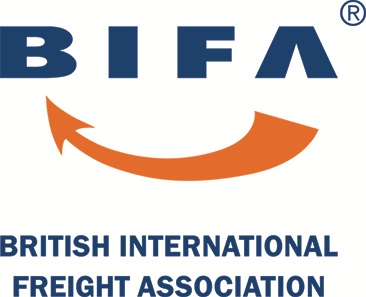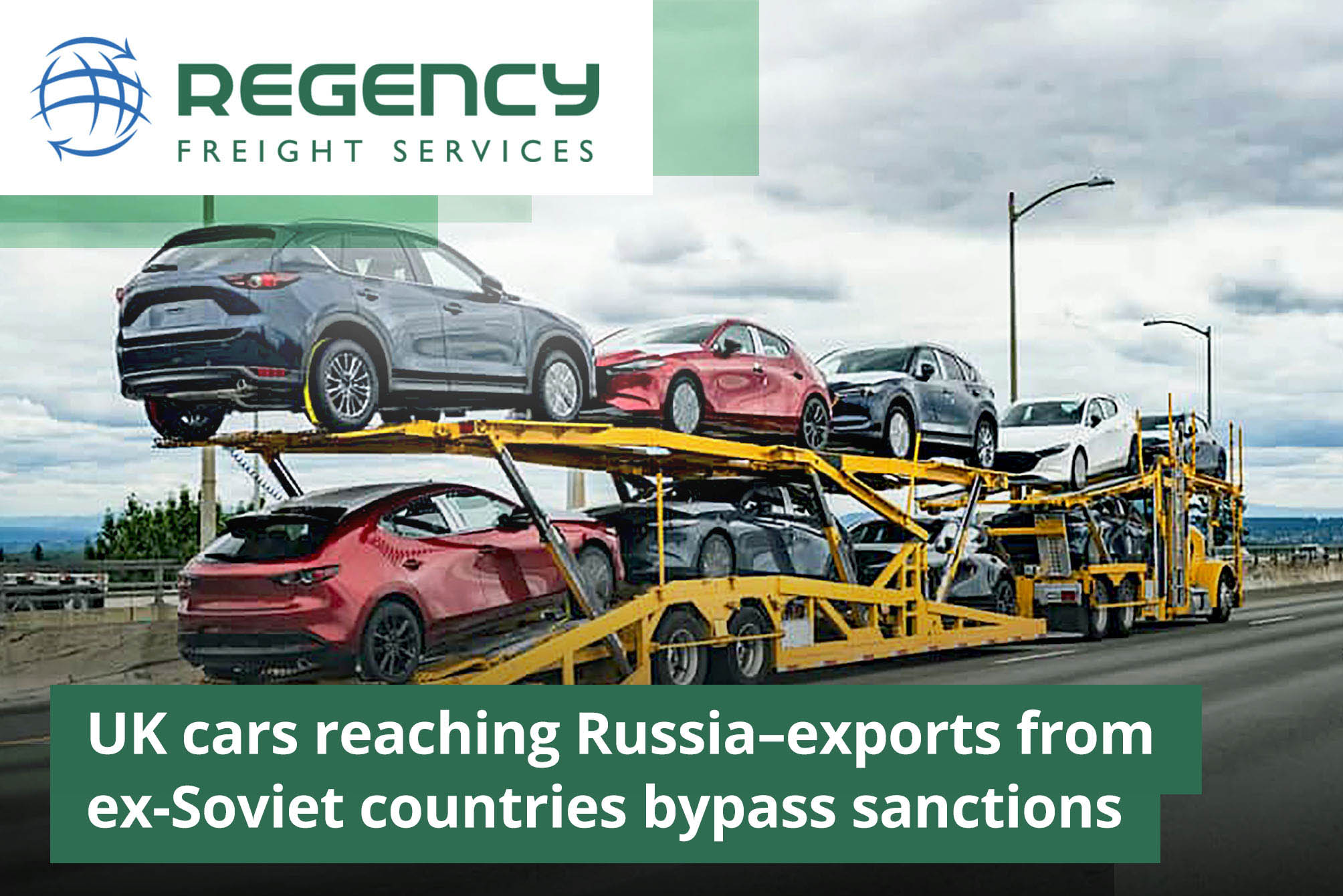UK cars reaching Russia exports from ex-Soviet countries bypass sanctions1 Comment19 April 2024
Spectacular growth in UK automobile exports to Azerbaijan and a near-simultaneous rise in similar exports from the former Soviet state to Russia has heightened speculation of sanctions circumvention. UK makers cannot export cars to Russia; however, analysis by Sky News indicates they are selling a significant number of vehicles, especially luxury models, to former Soviet states, which then appear to be moved into Russia. The news team cites recent figures from HM Revenue & Customs (HMRC) showing direct car exports to Russia have remained at zero since sanctions began in 2022, but this January, UK-manufactured cars worth £43m ($54.3m) were shipped to Azerbaijan. The analysis also reveals that last year, the UK exported £273m of vehicles to Azerbaijan, which has a stagnant economy where consumer spending power is relatively low, representing an increase of more than 1,800%, compared with the five-year period preceding the war. And international trade data from the UN shows that, since the invasion of Ukraine in 2022, Azerbaijan has recorded an unprecedented increase in cars exported to Russia. Data also shows strong growth in UK exports to other former Soviet bloc countries, including Kazakhstan, Armenia and Georgia, alongside similar trade flows from other European nations, including Germany and Poland, to states neighbouring Russia. One source told Sky News that, while Russian car buyers were sourcing UK vehicles via Azerbaijan, for German models the preferred route was via Kyrgyzstan. ECG, the Association of European Vehicle Logistics, represents over 140 member companies and partners that own or operate more than 360 car-carrying ships, 15,100 purpose-built railway wagons, 22 river barges and more than 23,000 road transporters. And executive director Mike Sturgeon played down suggestions that they were complicit in contravening sanctions against Russia. The vehicle logistics industry has been extremely careful to observe the sanctions since they were introduced. Many carrier members have suffered a significant drop in volume as a result of these sanctions, but I have never heard a single person question them, he told The Loadstar. He explained: Of course, our members receive shipment requests from the manufacturers and will usually not know more than the name and address of the consignee they certainly have no control over vehicles being sold on but they are not daft. Mr Sturgeon said he was aware of several OEMs still sitting on stock originally built for the Russian market more than two years ago that is gradually being sold to other markets around the world. I understand that much of this stock will now be scrapped, at enormous cost. So, as far as we are aware, all the vehicle manufacturers in the west are being very diligent in respecting the sanctions. I also know very well that the Russian market is largely being served from China, and our ECG business intelligence reports show a staggering increase in exports to Russia, and I think this shows clearly where the Russian market is getting its cars from. The Society of Motor Manufacturers and Traders told The Loadstar: UK vehicle exports to Azerbaijan as to many countries globally have increased due to a number of factors, not least a flourishing economy. It added: While manufacturers carry out all necessary due diligence, it is right to monitor for any potential vulnerabilities in a fast-moving and evolving environment. The automotive industry remains in dialogue with government and other international partners enforcing co-ordinated trade restrictions to ensure adherence to both the letter and the spirit of the sanctions across all vulnerable sectors. But there are risks to anyone caught breaking sanctions. One London-based law firm noted: Action can be taken against bodies and individuals, with prison sentences possible for individuals that breach sanctions. The highest monetary penalty that has been issued to date is a £20.5m fine, levied against a UK bank. By Stuart Todd |
|
   |
